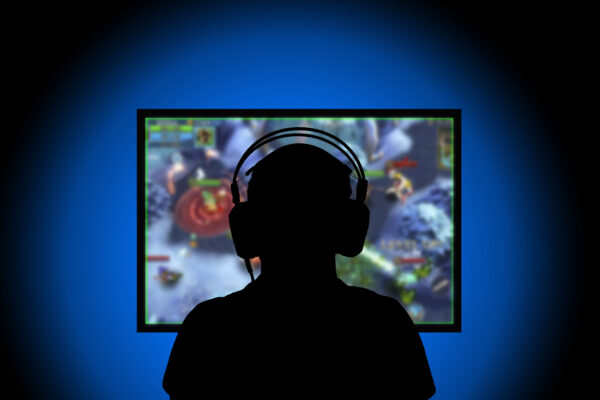
Video games are a topic that make many parents uneasy. It can be difficult to see how video games can benefit children when there seems to be so much evidence to the contrary. News stories of violence committed by young people always seem to involve commentary that blames video games for their acts of violence. For the most part however, the issue is far more complex. When involving age-appropriate content, video games can provide a safe and constructive environment for your child. Open-world games encourage creativity, role-playing games (RPGs) allow you to be whoever you want, and massive multiplayer online role-playing games (MMORPGs) encourage teamwork and planning. This may surprise some parents, but video games can be helpful in strengthening the relationship between you and your child.
Here are some popular video games and various talking points to start a productive and insightful conversation with your child:
Animal Crossing
– This game involves many goals and accomplishments including collecting fossils, fishing, building up infrastructure on an island, and exploration.
– What tasks give your child the greatest sense of accomplishment? Which ones are the most frustrating for them?
Fortnite
– Watch how your child plays. Do they spend most of their time in creative mode, or battle mode?
– Fortnite involves building various structures with a wide range of available materials. Ask them about their builds! What choices did they make?
World of Warcraft
– Involving groups called ‘guilds,’ this game focuses heavily on teamwork and communication.
– WoW is a vast and complicated fantasy world wherein players can be whoever they want to be. Ask your child about their character! What are their special abilities?
Stardew Valley
– This game involves farming, exploration, and social skills building.
– A main objective of the game is to marry one of the NPCs (non-player characters). Which character is your child drawn to? Asking what aspects of that character draws them can give you a good idea of what your child is wanting in their real-life relationships.
Pay attention to how your child interacts with the game. When they run into an enemy, how do they respond? Are they patient during loading screens or do they become boisterously frustrated? Ask them questions about what’s going on in the game. If it’s a game they play a lot, chances are they would love the opportunity to speak at length about it. Ask them what they like about the game, what draws them to it. Who’s their favorite character or avatar and why?
It is important not to judge or make judgmental comments about the game your child enjoys. They enjoy it for a reason – the game may fulfill a need for your child, and mocking that need will encourage your child to not share their interests with you. Adopting an open mind and a judgement-free attitude will help your child feel safe exploring their interests with you. They will feel heard and understood, which is essential for maintaining trust in the parent-child relationship. The game or hobby may not be interesting to you, but to your child it may mean more to them than you can understand. That’s okay! You don’t need to understand the content, but rather the emotion it evokes in your child.
While playing video games for the most part is not inherently harmful, it is important to monitor the content of the games your child plays. Pay attention to how they interact with those online. If their reactions mainly involve frustration or outbursts of anger, it may be time to pause and check in with your child. If they cannot calm them to take a break from gaming and stand up, stretch, get a glass of water, or take a walk outside. This may be a struggle, especially if they have been playing for a while, but providing a break from gaming will allow their body to calm down enough for an opportunity to articulate their feelings.
If, when prompted to leave a game or when access to that game is restricted, your child is upset or angry to the point of being inconsolable, this may be a sign of video game addiction. Other symptoms include social withdrawal, sudden onset of irritable mood or anger, and neglecting self-care. Not all of these are specific to video game addiction, so if you believe your child shows signs of video game addiction, it’s important that you bring them to a professional therapist or psychologist for assessment.

The world of video games and geek culture in general is vast and can be overwhelming for parents. The library on the Geek Therapy website provides resources anyone can use – you don’t need to be a professional to connect with your child on a deep and meaningful level. This library will help you learn how various games and interests have helped the fans within the community, which then you can apply at home. If you are feeling overwhelmed and don’t know where to even start, searching for and reading the articles on your child’s specific interests will provide you talking points.
We at Milestones would love to connect you with one of our skilled, compassionate therapists. For more information about how we can help or to schedule an appointment, please use our contact form or call (443) 574-4295.

